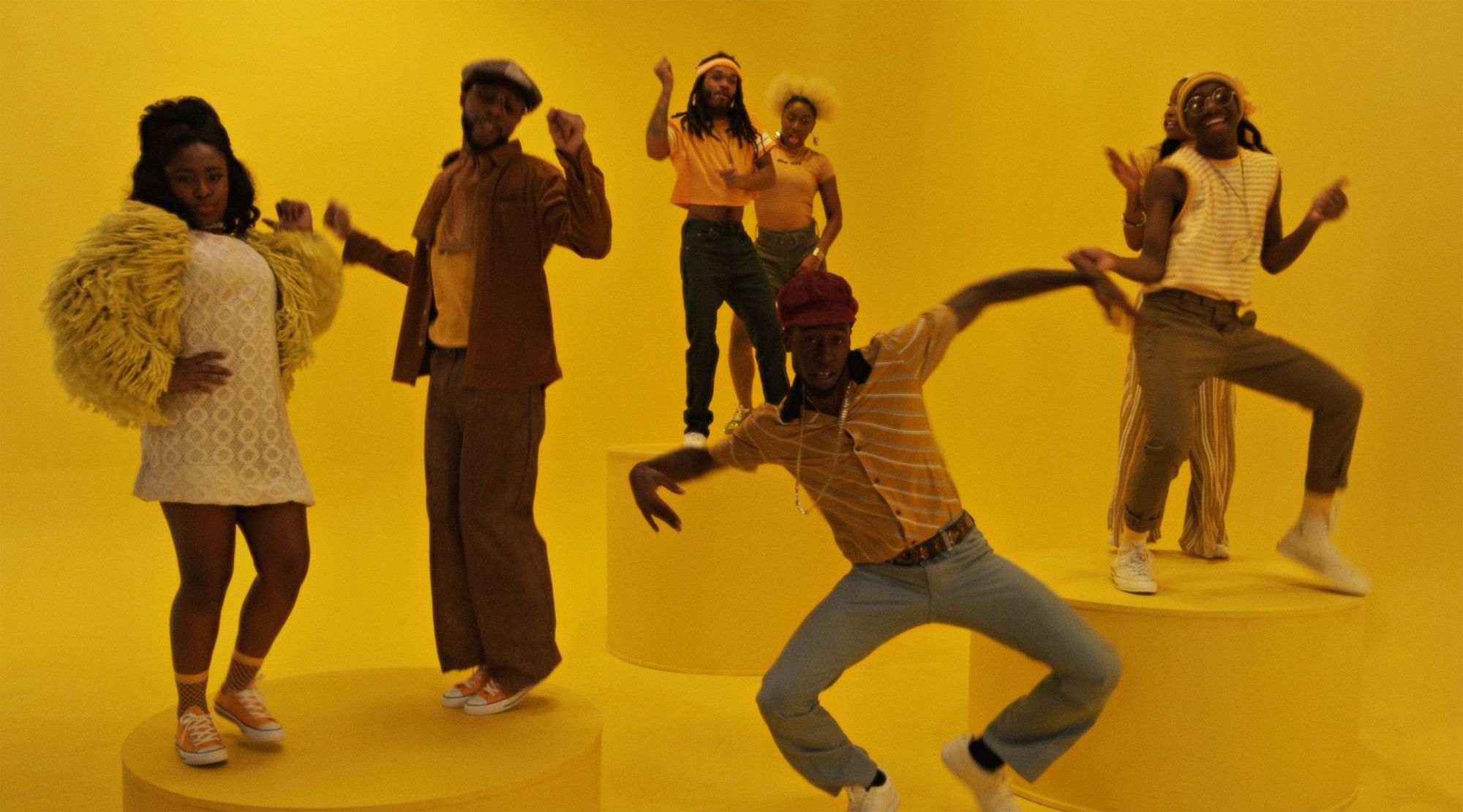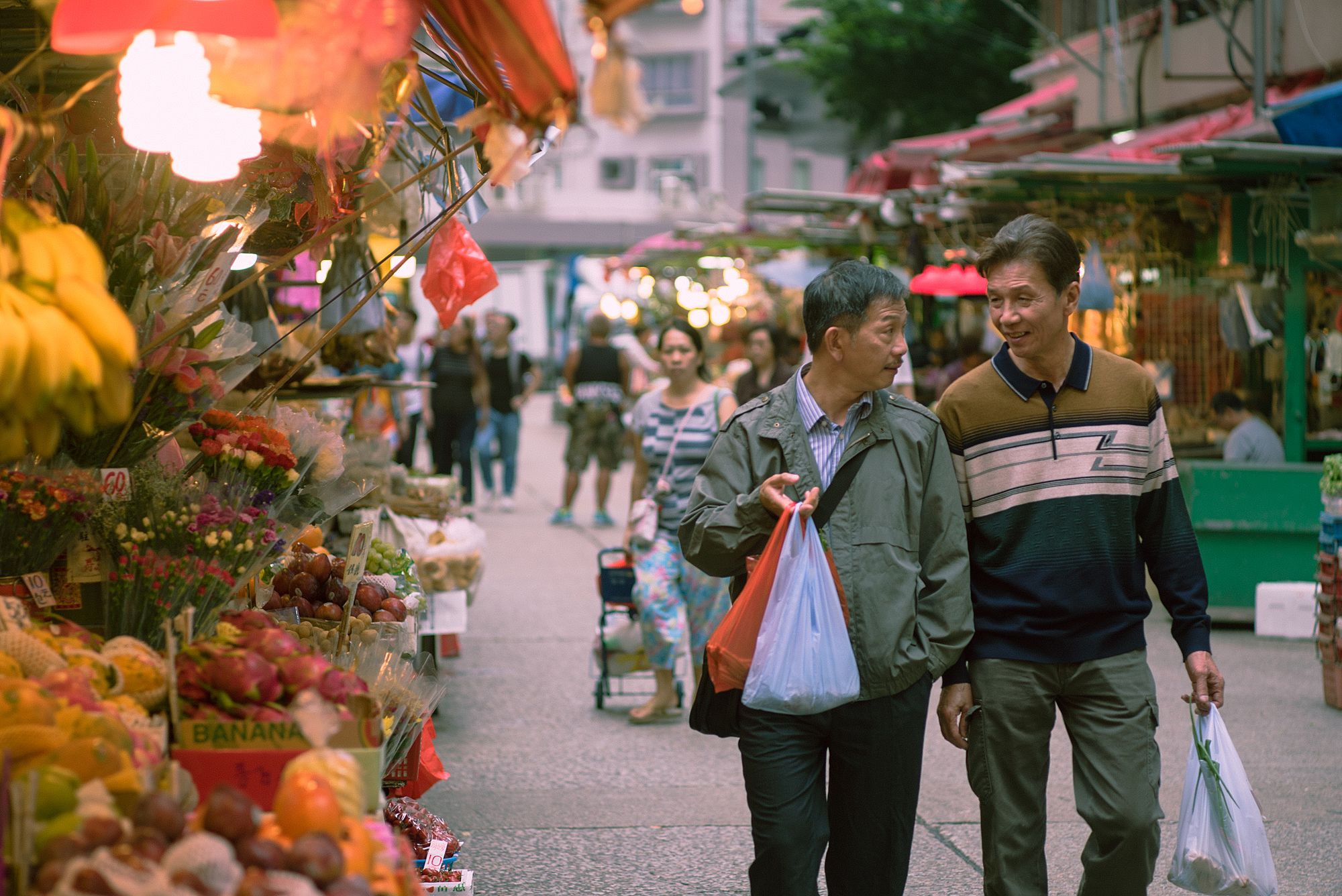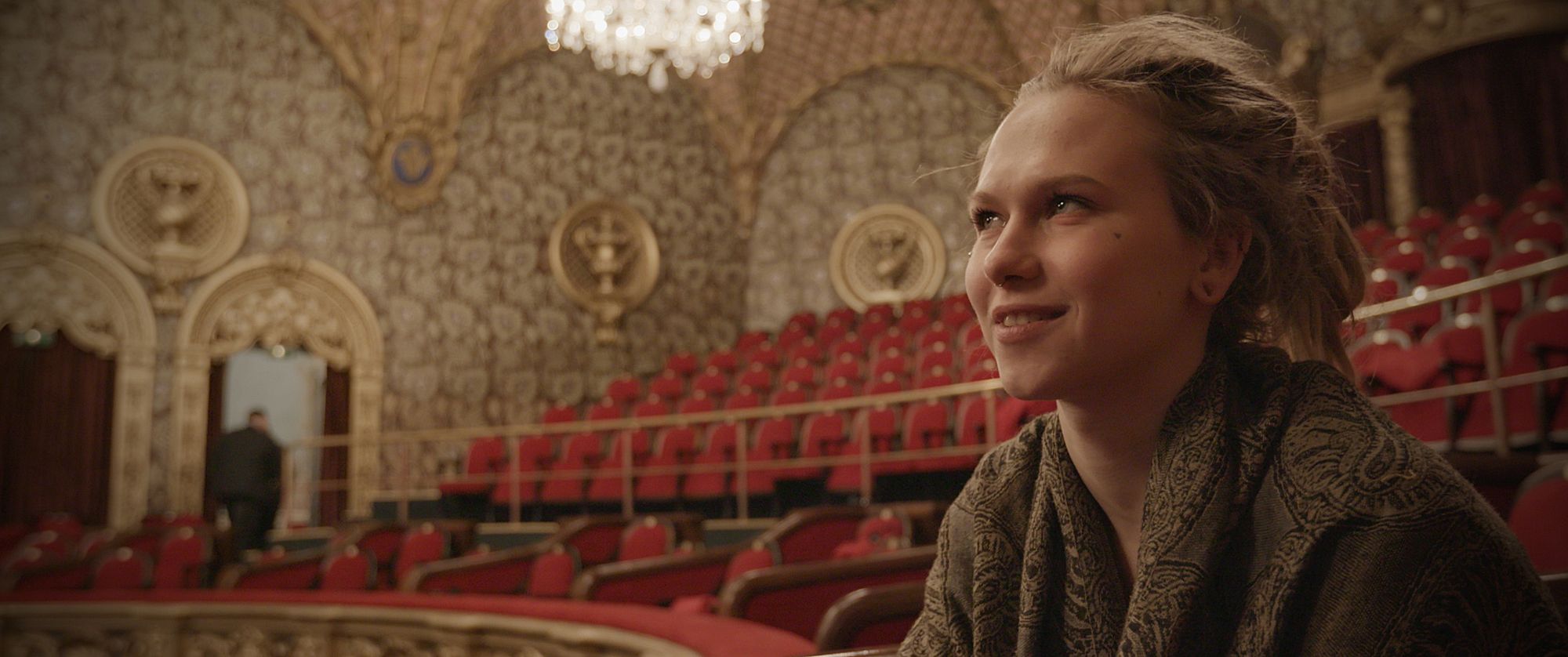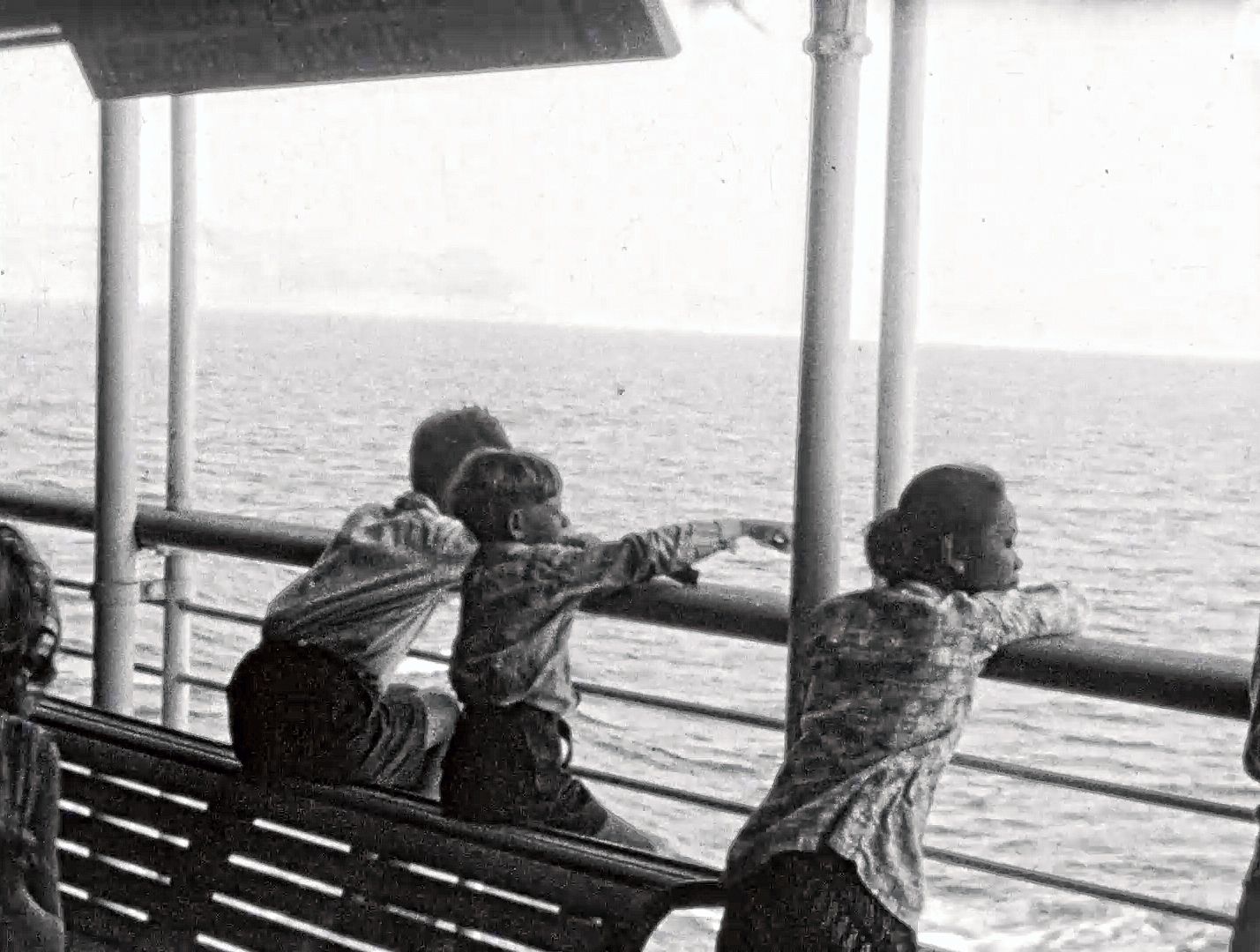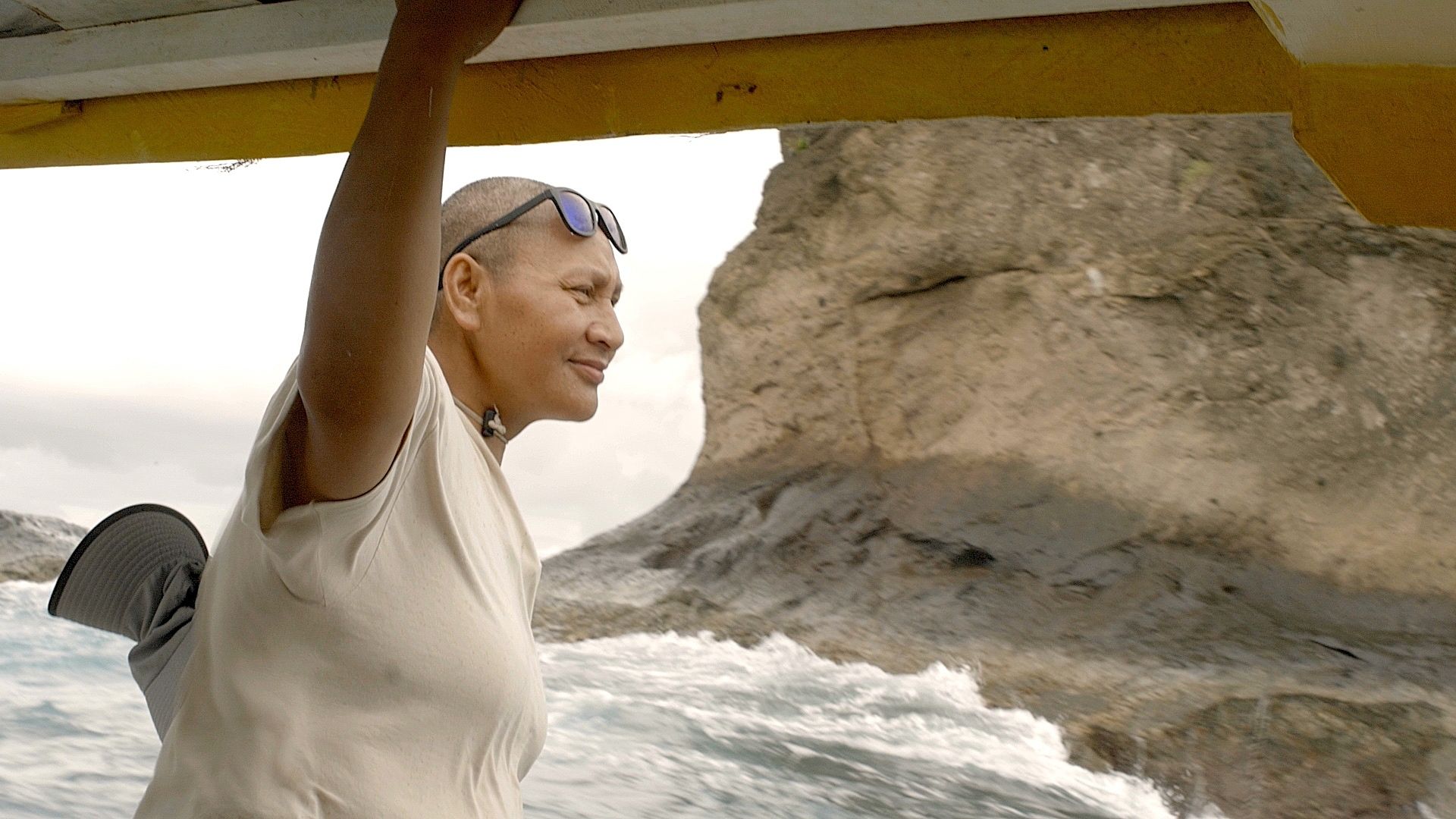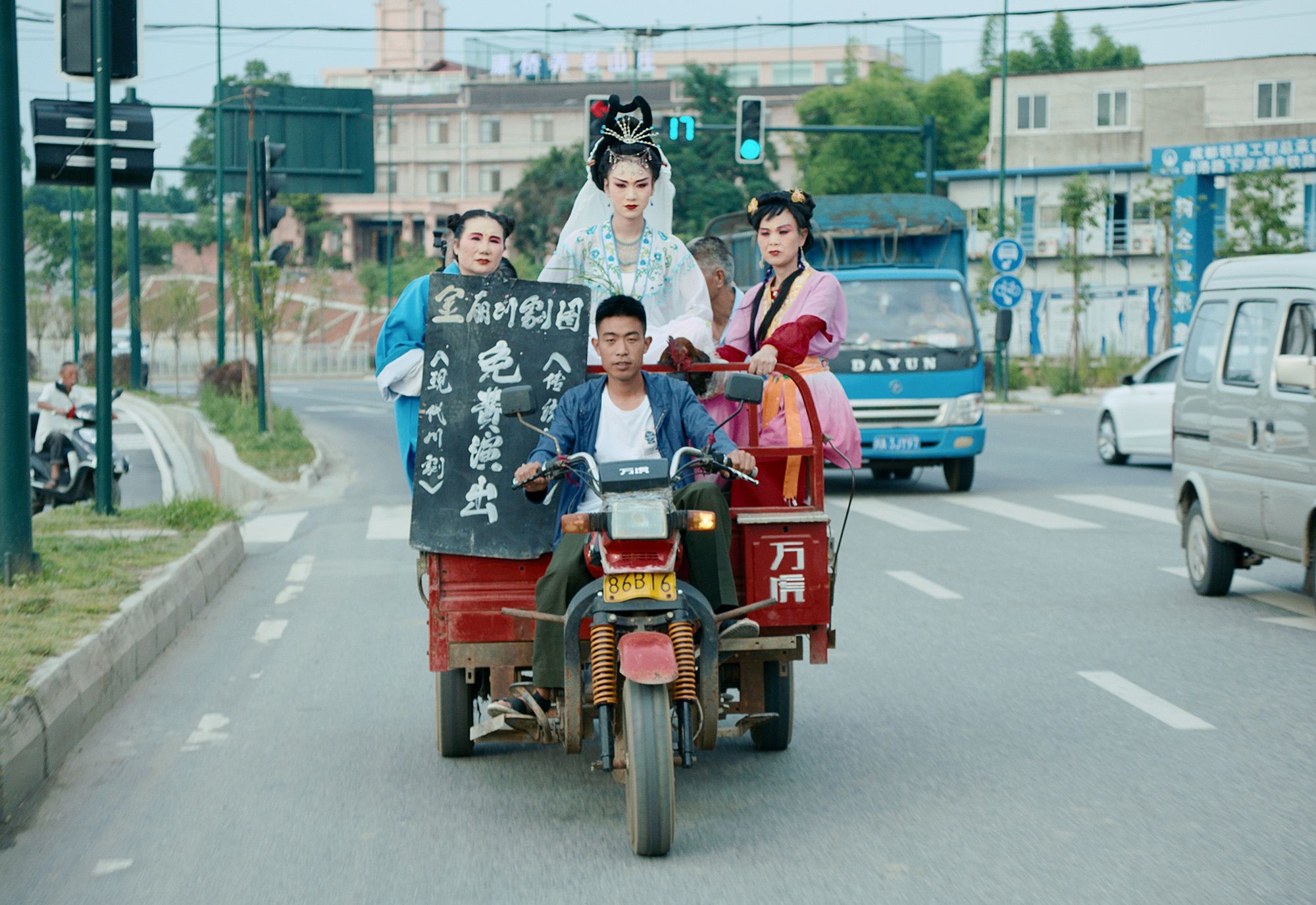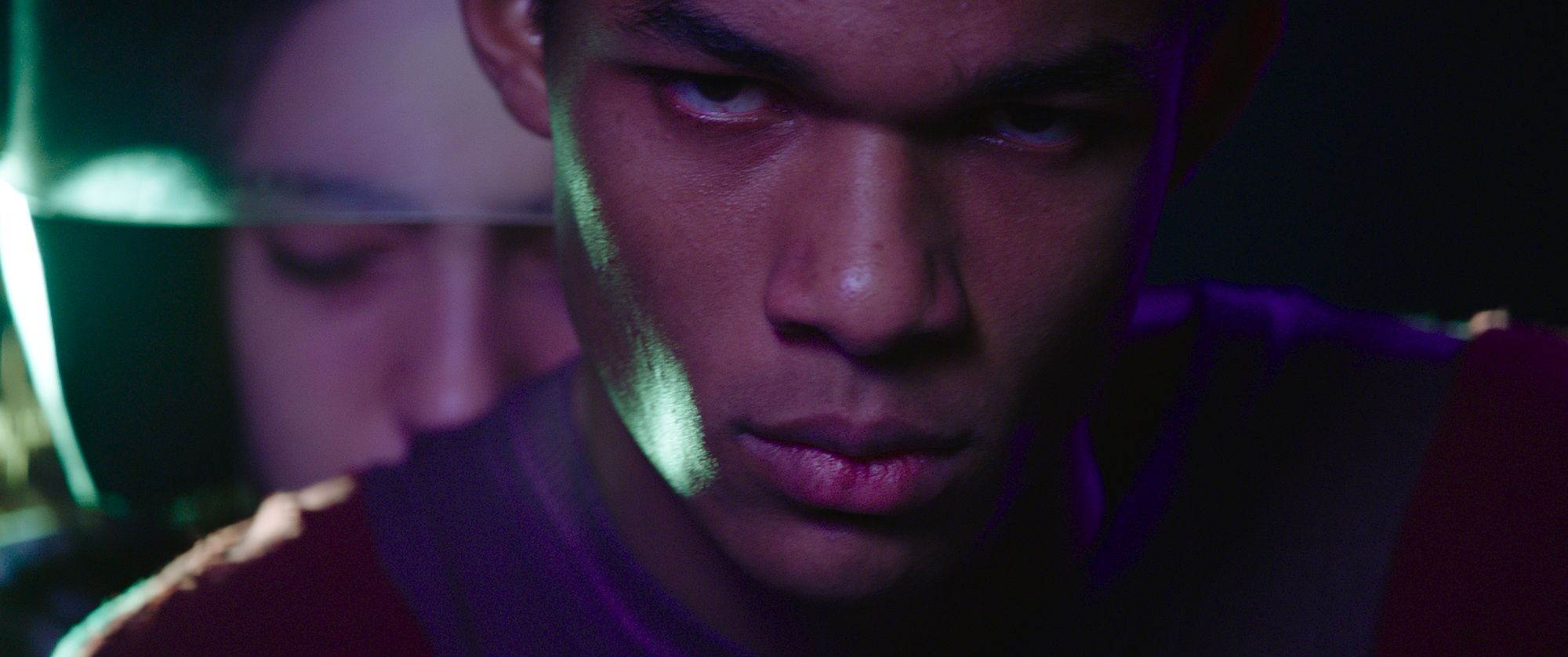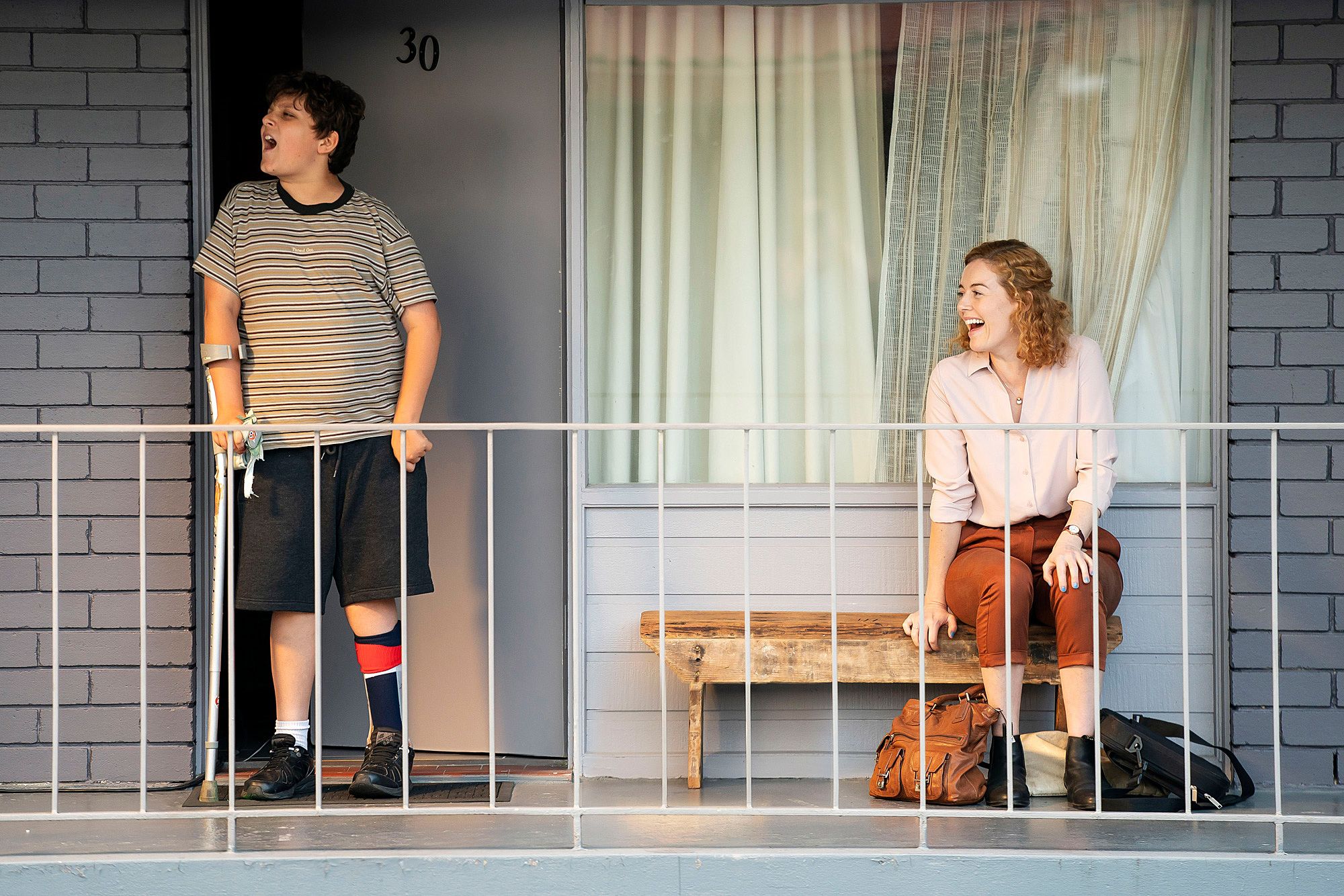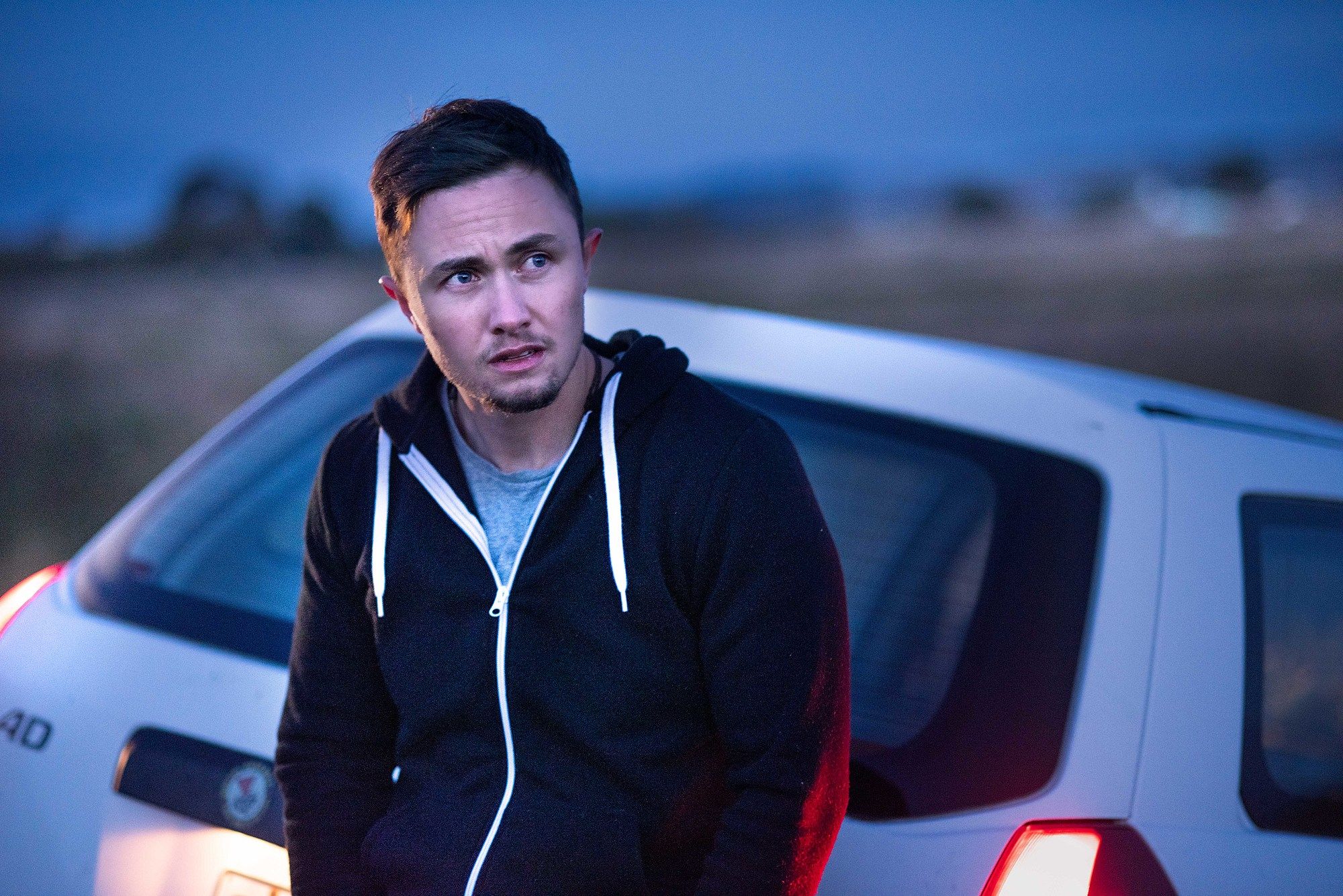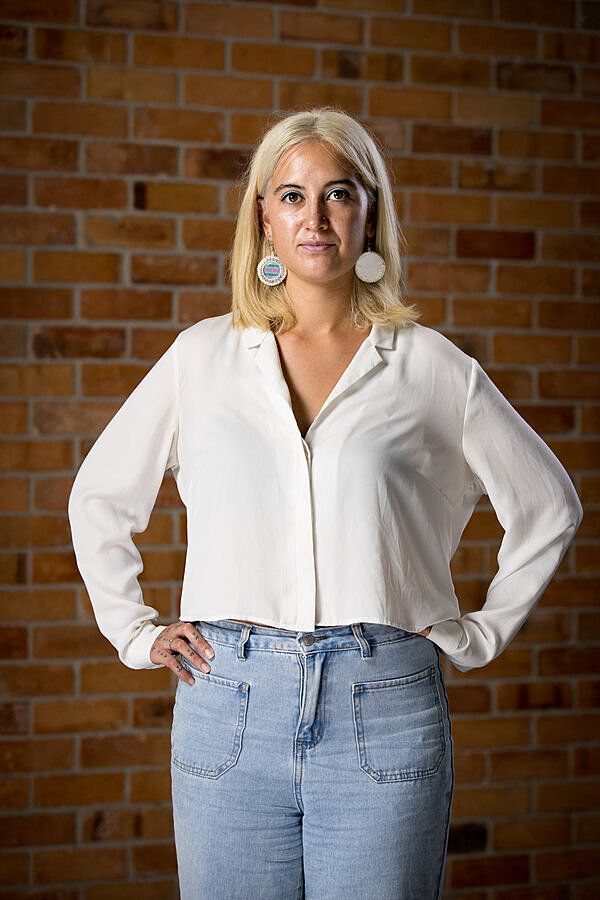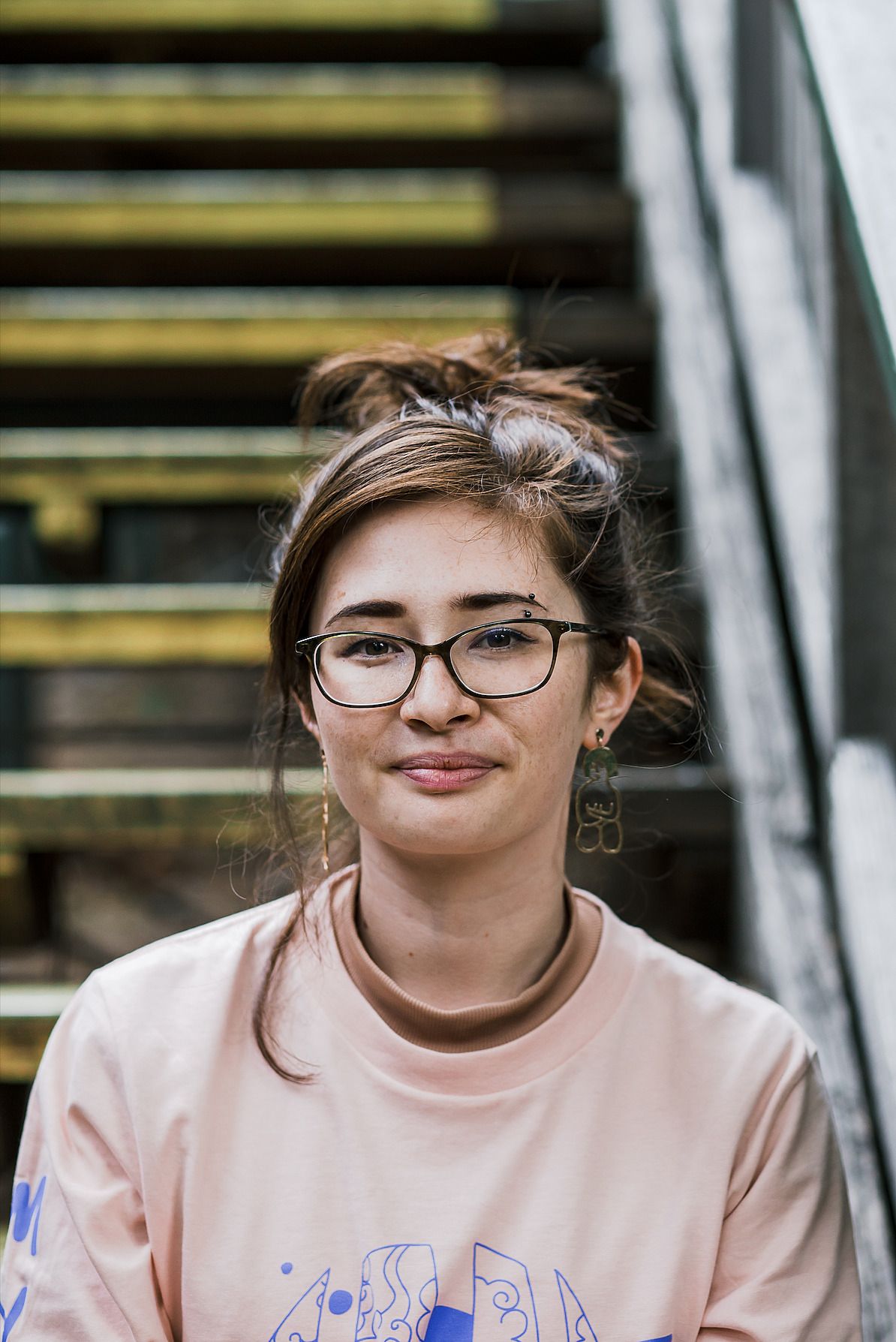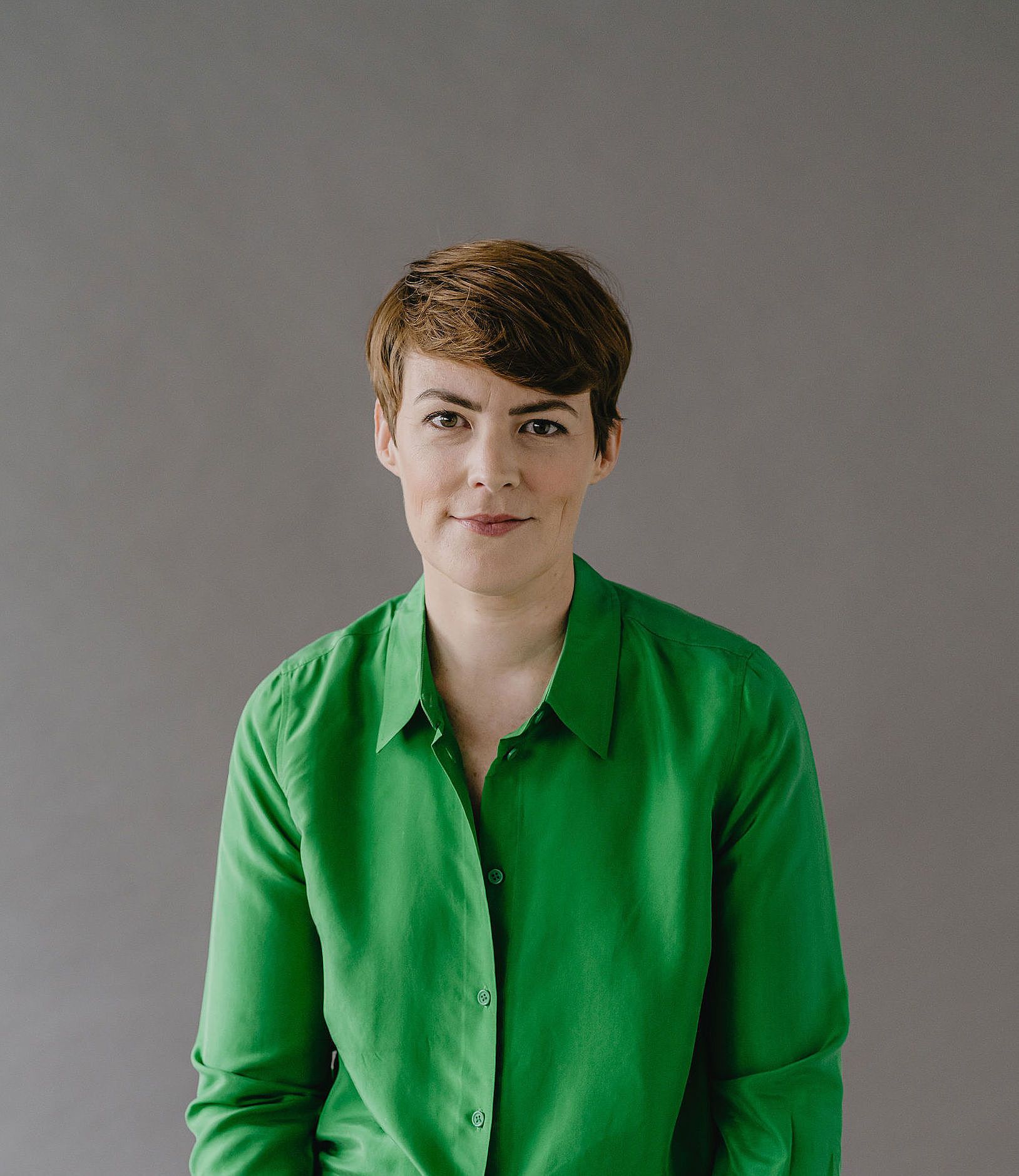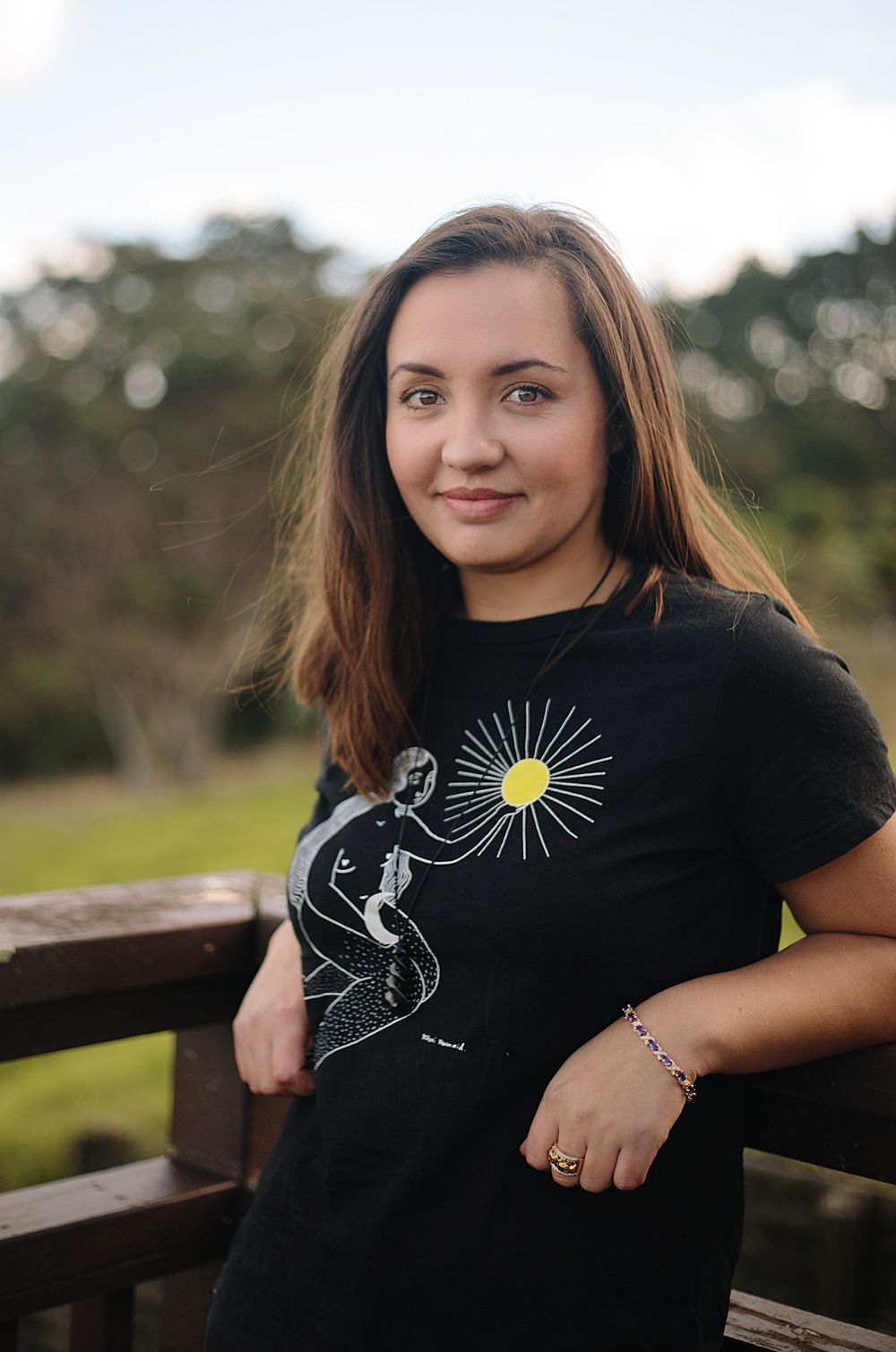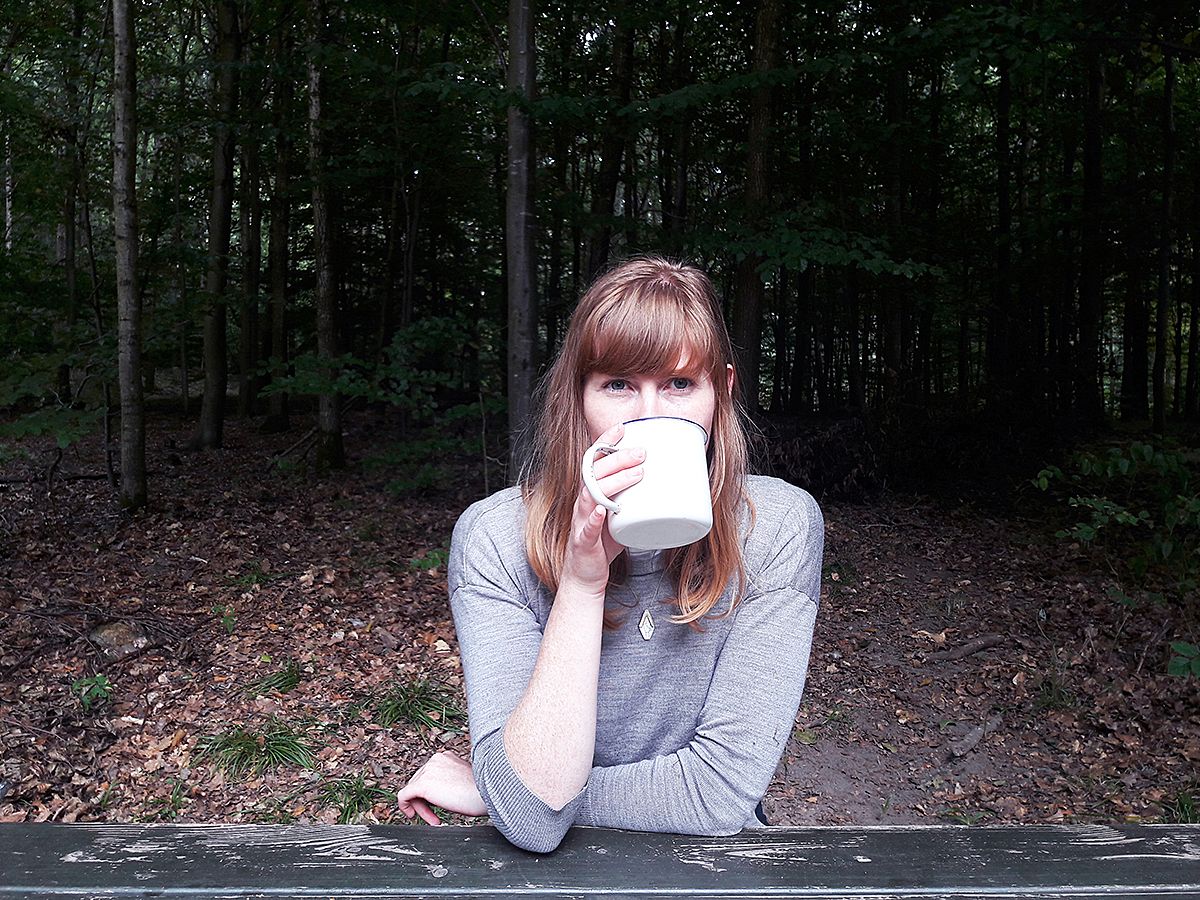The Pantograph Picks: NZIFF 2020
Our top picks from this year’s New Zealand International Film Festival programme, At Home – Online.
Whānau Mārama New Zealand International Film Festival 2020 launched on Friday, with a programme of more than 80 features and shorts. The festival had to adapt this year and NZIFF At Home – Online “brings the festival experience to the comfort of your living room”. So basically the perfect excuse to to blob on the couch or eat chips in bed while you further your cinematic horizons! Here are some top picks from our team.
Dark City Beneath the Beat
This film looks sick. I’m a massive dance music fan, but have, until recently, been super in the dark about its roots in resistance and activism. Which makes me like it even more. Techno music was born in Detroit in the late 70s and 80s (sorry if this isn’t news for y’all), out of a Black resistance movement. When I listen to the music that came out at that time, you can feel there is an urgency there, a fuck-you, a solidarity, and obviously a mad beat. The role of dance music in Black America’s LGBTQI+ scene has obviously become more visible in the mainstream due to TV shows like RuPaul’s Drag Race.
I’m looking forward to this film because judging by the promotional stills, the visuals are gonna be stunning, and I’m all about political resistance through art, music, movement and dance. Who said resistance is all pickets and placards? (Not that they don’t have their very important place). Mostly though, I know it’s gonna tackle some of the real shit too, and in the current climate of heightened awareness of police abuse and murder of Black people in the US, this film will be all the more a vital watch. – Faith Wilson
Suk Suk
It’s rare to see characters in queer love stories shown above a certain age threshold; even more so when the stories in question aren’t white or Western. Suk Suk, meaning ‘Uncle’ in Cantonese, tells the story of two elderly Hong Kong men whose meet-by-chance friendship quickly evolves into deeper intimacy.
The third film by director Ray Leung, Suk Suk shines a light on the lives of retirement-age men who have had to hide or subdue a facet of themselves in order to exist as normal. Within Chinese culture, duty to family is second to none: who you love can be deemed as less important as maintaining the stability of your household. I’m very curious to see how this story plays out, in such an intricate tapestry of threaded relations. – Vanessa Crofskey
A Year Full of Drama
Anyone like me who feels like a bit of an advocate for the power of live performance, is in the middle of a silent reckoning at the moment. Why does it matter? Does anyone care? If I don’t really miss it right now, what have I been doing with my… life? Theatre can be stupidly exclusive and in-house; a culture of esoteric codes that eats itself with its own obsessions. It’s very, very rare to watch a balls-to-the-wall, utterly brilliant show. You might see three in your life. And yet, we persist.
There has therefore never been a better time for me to watch a film about an rural Estonian woman who has never really been to theatre, and is challenged to review theatre full-time in Estonia for a year – a spectator not only of the shows, but of the culture. In the trailer she utters a line which seems to perfectly encapsulate the extremes of a regular theatre-going experience: “I got back my thirst for life. Especially when I got out”. – Kate Prior
They Call Me Babu
Often history is seen through the eyes of the coloniser, but They Call Me Babu inverts this. Here the storytelling of Dutch-Indonesian writer and director Sandra Beerends is told through the voice of Alima, an Indonesian woman on the run from an arranged marriage. She becomes a babu; the name given by Dutch families to their nannies. Although Alima is fictional, almost all of her story is based on first and second-hand accounts. Intertwined with archival footage, They Call Me Babu gives a name to these women, inextricable from the shifting colonial landscape of Indonesia. – Ataria Sharman
No Hard Feelings
The aesthetics and the catchy beat drew me in to the trailer for Faraz Shariat’s semi-autobiographical film No Hard Feelings, described as a coming-of-age drama. I was delighted to read that Shariat managed to rope in his own parents to play the parents of protagonist Parvis, a second-generation Irani-German millennial. The trailer offers glimpses of some sultry scenes and strong chemistry between the actors, with also an underlying seriousness that suggests the film will be an emotional ride, probing the connections and the dissonance between different migrant experiences in Germany. – Hannah Newport-Watson
Loimata
I feel weird saying this is a film I’ve been ‘eagerly’ anticipating, because it deals with the trauma of generational sexual abuse, which is not something most people get really eager about. I have however been reading about this film for a few months, and it looks important. I am Sāmoan and never grew up on the island but I come across stories of sexual abuse within families on the island, and in New Zealand, frequently. It’s disturbing, and mostly very, very, sad.
I’m motivated to watch this film (I tend to steer clear of anything other than cheesy upbeat movies as I’m too emotional), because it’s focussed on healing, and I’m all about that. The film’s central figure is a master voyager and boat builder, an artform now lost to many Moana people. This resurgence of a traditional practice coupled with a family’s search for wholeness again, sounds like a recipe for some serious heart-time, and I’m here for it. – FW
To Live To Sing
For how long should you hold on? To Live To Sing is a drama film about a Sichuanese Opera Troupe whose members are facing disbandment, demolition and the imminent death of their lifestyle, based on the real lives of real troupe performers.
Told in lamplight blues and smoky reds, the film is an ode to the grim tenacity of artists who have become accustomed to adversity, but refuse to surrender what they love doing. Even as their way of life is being dictated by dwindling audiences, they throw rocks and boldly paint their faces to sustain what little fantasy they have left.
The film has already won accolades at the Shanghai International Film Festival for its portrayal of how art suffers under swift and merciless change, as old customs die and new pursuits are born. The subject matter feels relevant here in Aotearoa, where the struggle to sustain art forms and traditions means many are being forced into asking similarly hard questions. – VC
Sick, Sick, Sick
This is just tugging at my lusty teenage heartstrings. I remember poring over the NZIFF brochure back in my high school days, while everyone else in class was talking about going to ‘stupid parties’ I was nerding out trying to find the most lusty, seductive and dark films to go and watch by myself at the Rialto. Sick, Sick, Sick would have been something I circled furiously and highlighted in my colour-coded pink signalling ‘yes, definitely’. – FW
Safety Net. Credit: Kelly Gardner
I love the art of the distilled, succinct short, and every year the NZIFF New Zealand’s Best competition traverses the best of the form, from here. The final selection in 2020, made by film director Tusi Tamasese, is packed to the gunnels with the most exciting Aotearoa filmmakers to keep an eye on, and interestingly many of the shorts come from women with backgrounds in theatre: I’ve been dying to see Claire Van Beek’s Daniel ever since seeing its striking still of a woman in a face off with a lizard; Daddy’s Girl (Kōtiro) from Māori theatremaker and actor Cian Elyse White promises tenderness, and after many years as the Literary Manager and a director at Sydney’s Belvoir Theatre, Kiwi Anthea Williams flexes her film muscles in Safety Net. – KP
Rūrangi
“I felt this film deep in my wairua like it was swimming there inside me just waiting to come out...” Check out Essa Ranapiri’s review of Rūrangi here.
NZIFF 2020 At Home — Online runs from 24 July – 3 August 2020. Full programme here.
